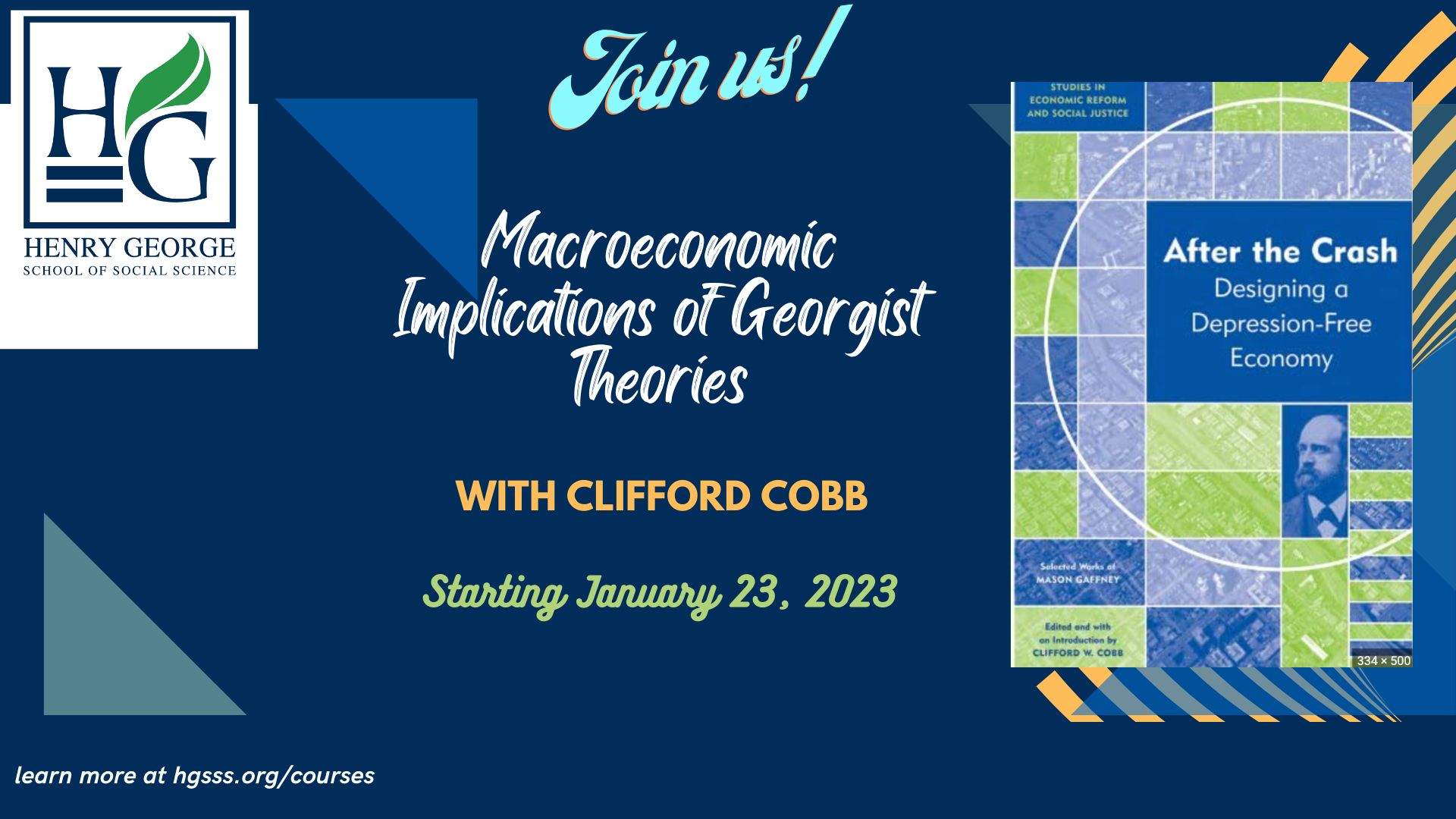A Brief History of Credit – From William Petty to Richard Cantillon
Session 1

A BRIEF HISTORY OF CREDIT – FROM WILLIAM PETTY TO RICHARD CANTILLON
This course will explore the history credit, defined as the introduction of time into value. The course will proceed chronologically from the time of William Petty, John Law and Richard Cantillon in the late seventeen and early eighteen century through three thematic sessions.
- From sovereign wealth to trade credit
- From commerce to sovereign credit
- From central banking to populist money
The instructor, Walter E. Perry holds a BA and PhD in the traditional curriculum of Ancient Greek. He has done extensive work on analyzing the US money supply during the great inflation of 1978 – 1982, bond indentures, insurance contract and derivative instruments of all sorts. Dr. Perry is the founder of Fiduciary Automation, an IT company that instantiate regulations as executable code which could be run against proposed financial instruments or strategies to render determinative opinions as to their compliance and to illuminate ambiguities.
Dates: Wednesdays: 4/05, 4/12, 4/19; from 6:30PM to 8:00PM ET
Location: Online via Zoom
Note: This is an online event. Access information for Zoom will be made available via email the day of each session.
Session 1



